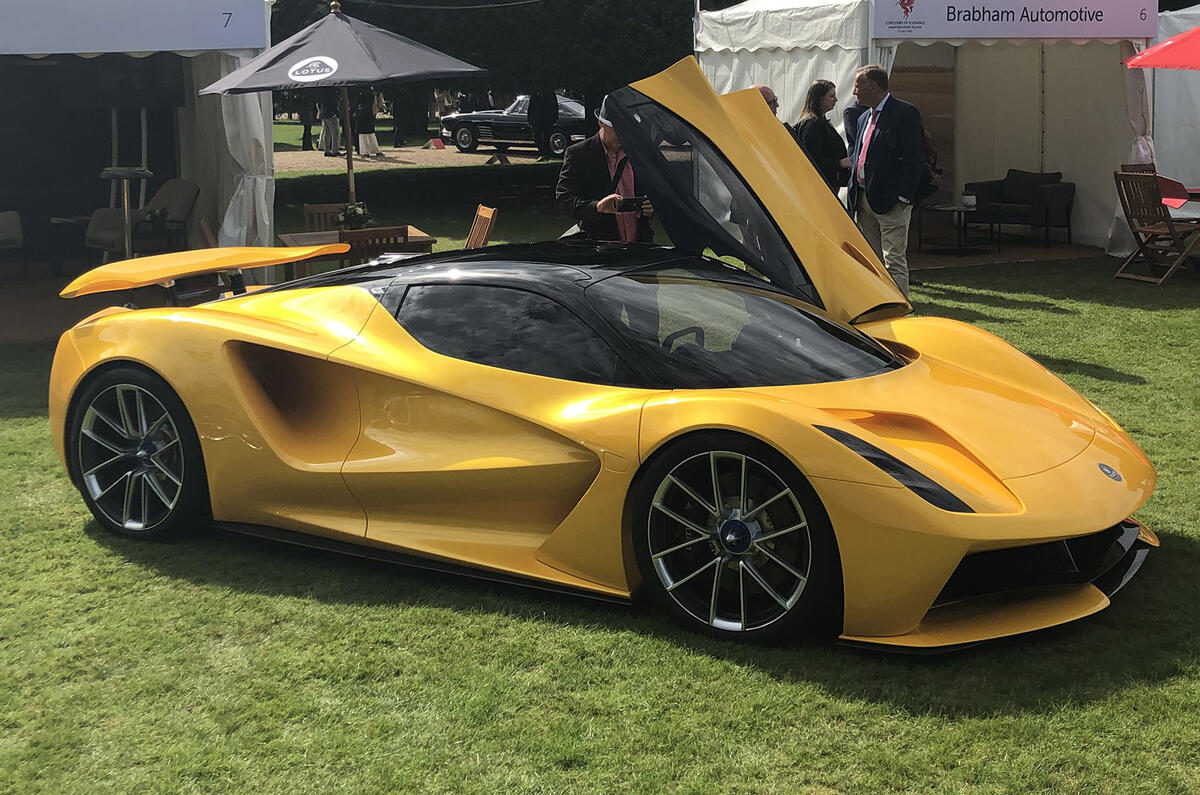mikedd969 said:
In reply to Keith Tanner :
I would miss the cool noises. 
I agree Hydrogen isn't a perfect solution, and Curtis73 also brings up some good points. I doubt that any of the problems are insurmountable, if, and only if, there was the will and economic incentive to solve them. Hydrogen lacks the energy density of traditional petroleum-based fuels, but still exceeds that of modern batteries by quite a bit. Since an HFC vehicle would use it's electrical power at least as efficently as any other EV it is probably still worth investigation and investment. History is full of engineering projects that are impossible....until they aren't. It would be interesting to see some real data on overall system efficency of fuel-cell vs. traditional ICE vehicles. Would their increased efficency result in lower overall fossil fuel consumption all things considered? I've no idea, that kind of research is above my head, but it would make for interesting reading. Problem is, any company or agency with the $ and resources to actually do a compariaon will almost certainly not be impartial.
Since I doubt, (and hope and pray) that traditional gas and diesel powered cars are going to be around at least until I'm cold and in the ground (Scattered at sea actually), It's not a huge concern for me. Merely an interesting thought excercise.
I do agree 100% with the origional premise of this thread though. Damn near every EV is needlessly ugly. I realize that apperance is subjective, but I have enever understood why manistream automakers always feel the need to make any "new technology based" vehicle look like something from a 60's low-budget Sci-Fi movie.... That's actually my favorite thing about the Hyundai fuel-cell SUV, it looks like any other small SUV on the market. Very few of which are good-looking IMHO, the current Mazda CX-5 being a notable exception (they are also very nice to drive and moderately "sporty"). It was the Hyundai that sparked my interest in fuel-cell cars. The Tesla cars aren;t bad looking IMHO, but just kind of blah..... Someone here mentioned that almost all mass-market cars, those affordable to most people, are ugly. I can't agree. There are plenty of good-looking cars out there, at least in my view. The current generation Miata is a beautiful little car, the Mazda CX-5 looks very nice, Toyota Camry, a car I hate with every fiber of my being due to being forced to drive so many of them a rentals in the late 90's and early 2000's (surely the most boring, and ininspiring driving experience in the history of motorized transportation) in it's current iteration is a very nice-looking car.
The hydrogen problems have been under heavy attack by the engineering community for some time, and it's just not getting any closer. The Japanese automakers in particular are throwing resources at it due to heavy government subsidies and have been for a while.
When you're looking at the energy density of hydrogen, don't forget to take the mass/volume of the tank itself and the fuel cell into account. The 152 hp Toyota Mirai weighs about 4100 lbs and has a range when full of 312 miles. The 283 hp 2wd Tesla Model 3 Long Range weighs 3800 lbs and has a range when full of 325 miles. So is the lower energy density of those batteries really a problem?
The big difference is what happens when you get to the end of those miles. The Mirai can only be refueled at a hydrogen fueling system - find them all here. The Tesla can be recharged at a Supercharger, at a destination charger, at a house, at any Level 2 charger, at a number of non-Tesla high speed chargers (using an adapter), etc. Also, those electric charging stations rarely explode while an H2 station blew up in South Korea in 2019 and another in Norway that same year. That's a pretty high percentage of the total number of worldwide hydrogen refueling stations!
The electric infrastructure is there, it's just the end points that are needed and they're growing very fast. If I wanted an electric charger at my work, it would just be a matter of wiring in a $500 unit. Or taking the mobile charger that comes in the trunk of a Tesla and plugging it into one of our 220v welding outlets. If I wanted to charge with hydrogen, umm...
So while hydrogen's engineering problems may be solveable, does it make sense when battery EVs (BEVs) are already on an equal footing in every aspect other than theoretical minimum refueling time - and arguably ahead when it comes to regular home charging for a large percentage of the population? Does it make sense to build out a hydrogen refueling network when it's easier to expand the existing BEV recharging network? I think hydrogen's missed the window of opportunity. In the early 90s, maybe. Today, it's hard to come up with a justification for the massive investment. As I noted earlier, heavy trucks that work out of the same depots and cannot afford down time over a 24 hour period may have different math.
The design language for EVs is evolving. We're all used to cars with grilles and ICE cars are doubling down on grilles right now - looking at you, Germany. Meanwhile EVs are chasing maximum efficiency so they are more biased towards aerodynamic efficiency, and people don't like that as much.










































